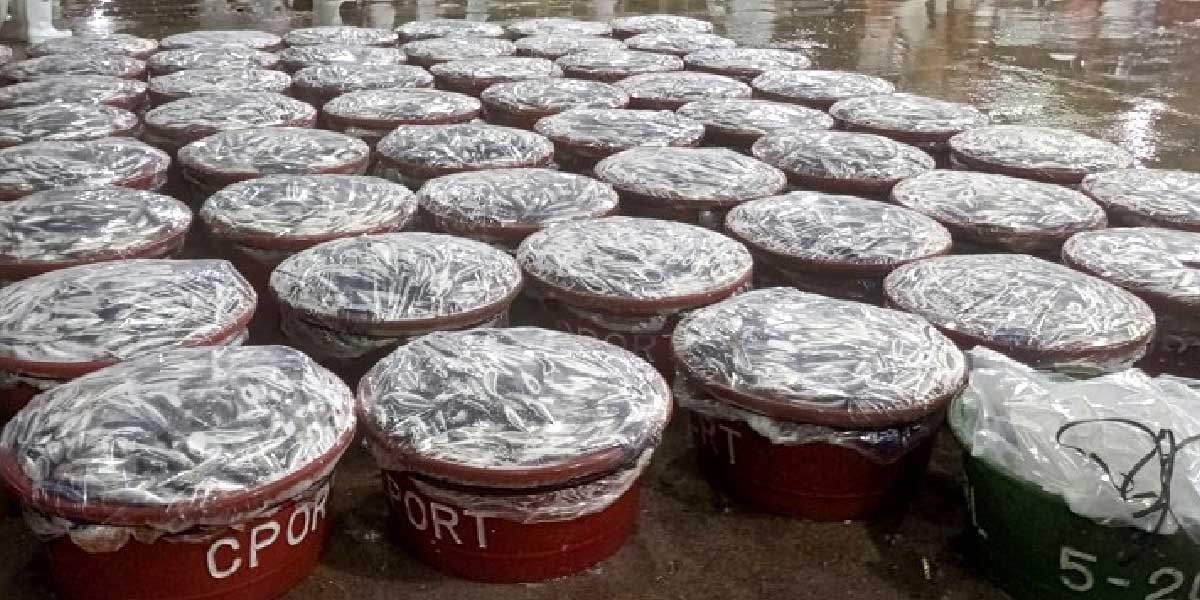
The fisheries sector pushed for the establishment of more aquaculture economic zones to boost production of processed and value-added aquaculture products for both domestic and export market and generate local employment.
The Special Economic Zone Act of 1995 provides fiscal and non-fiscal incentives such as tax holidays and simplified import-export procedures to businesses located inside such zones.
Based on 2017 Philippine Economic Zone Authority (PEZA) data, there are 379 operating ecozones, 22 of which are agro-industrial zones. The incentives available include tax free importations of capital equipment, construction materials, specialized office equipment and vehicles, professional instruments.
In addition, industries in the ecozone are exempt from national and local taxes on their importation as well as tax credit for import substitution.
PEZA industries also enjoy income tax holidays. Aquaculture and fisheries enterprises will get at least six years as these are essential to achieve the country’s food self-sufficiency program.
Despite these incentives, the uptake for locating or establishing export processing zone for aquaculture and fisheries appeared to be limited. While tuna, seaweeds and shrimps remained as the country’s top export commodity, accounting for 63 percent (153,667 metric tons) of the total export volume which is 226,821 metric tons (MT) and 58 percent (USD531,333 million) of the total export value of USD909 million, no tuna or shrimp related industry is PEZA registered.
Of the 22 agro-industrial zones, only Shemberg Biotech Corporation and Alsons Aquaculture Corporation are PEZA-registered enterprises. Shemberg is into seaweeds processing while Alsons is involved in the production of feeds, fish, shrimps and other aquaculture farm species for export.
It will be recalled that in 2019, PEZA and the Department of Agriculture (DA) signed a memorandum of agreement (MOA) intended to industrialize agribusiness.
PEZA Director-General Charito B. Plaza has said the agreement will promote domestic production, manufacturing, and exports — as well as reduce import dependence.
DA Secretary William D. Dar earlier said both agencies hope to improve farm incomes and generate rural work opportunities.
“Both DA and PEZA recognize the need for cooperative effort in promoting and supporting investments to agricultural-oriented activities through the granting of fiscal and non-fiscal incentives and development of agro-industrial, aquamarine, and agro-forestry special ecozones,” he said.
“This is now the time to bring investors to hubs where they can set up rural industries that will unlock the potential of agriculture and agribusiness for the country,” he added.
Meanwhile, Norberto Chingcuanco, Feedmix Group vice president for planning, said that stakeholders in the fisheries sector can become a dominant exporter while still caring for and providing gainful economic growth to local communities.
At the same time, with the recent approval of the interagency task force on the coronavirus on the increase of domestic sales allowance to 50 percent from the previous 30 percent, “we can ensure that our local consumers will not be deprived of sufficient fish protein source,” he said in a virtual press briefing.
Chingcuanco said that local producers are more than capable of addressing the country’s need for accessible and affordable food. Local producers just need facilities and systems that support production and post-harvest facilities.
“With government support and provision of fiscal incentives, the fisheries and aquaculture industry can generate more jobs. We are ready to venture into the promotion of consumption of processed commodities both domestically and internationally. This will definitely contribute to more job creation,” he said.
While there are aquaculture companies willing to invest in the processing and export of commodities, Chingcuanco said there is a need for enhanced technical support from different agencies especially that some documentary requirements for PEZA registration include favorable endorsement from the DA, environmental compliance certificate (ECC) from the Department of Environment and Natural Resources (DENR), and endorsement from local government units (LGUs), among others.
“We’re confident that the Philippine aquaculture industry can be competitive globally. We have the untapped natural and human resource and technical expertise which can propel our growth in the international arena,” he said. (PEZA)



















